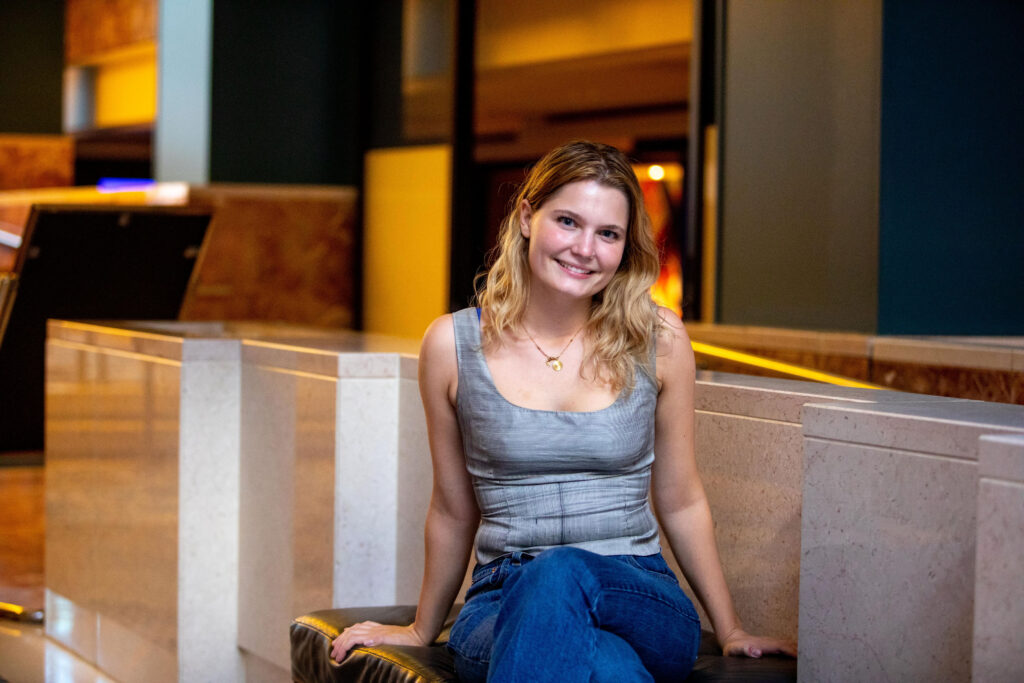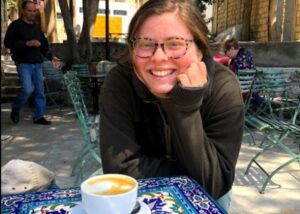
Each year the Bailey College of the Environment provides faculty-student research grants to provide faculty and their students an opportunity to conduct research that would not have been otherwise possible. Research in the O’Neil lab is focused on understanding the structure-function relationship of proteins involved in neurodegenerative diseases, specifically ALS (amyotrophic lateral sclerosis; commonly called Lou Gehrig’s disease) and Alzheimer’s Disease. Thanks to a COE faculty-student research grant and a COE summer fellowship, Alison O’Neil, assistant professor of chemistry, Gloster Aaron, professor of biology, and Aaron Berson ‘24, an NS&B (neuroscience and behavior) and IDEAS (Integrated Design, Engineering, Arts & Society) major with a minor in chemistry, were able to collaborate on Professor O’Neil’s investigation of cis-chlordane as an environmental trigger of ALS.

 Every year, the COE awards fellowships to fund summer research opportunities for Wesleyan students across all majors and class years. SISP and environmental studies major Bella Barocas ’24 spent the summer exploring regenerative agriculture in jewish community through farming at Zumwalt Acres in Sheldon, IL.
Every year, the COE awards fellowships to fund summer research opportunities for Wesleyan students across all majors and class years. SISP and environmental studies major Bella Barocas ’24 spent the summer exploring regenerative agriculture in jewish community through farming at Zumwalt Acres in Sheldon, IL.